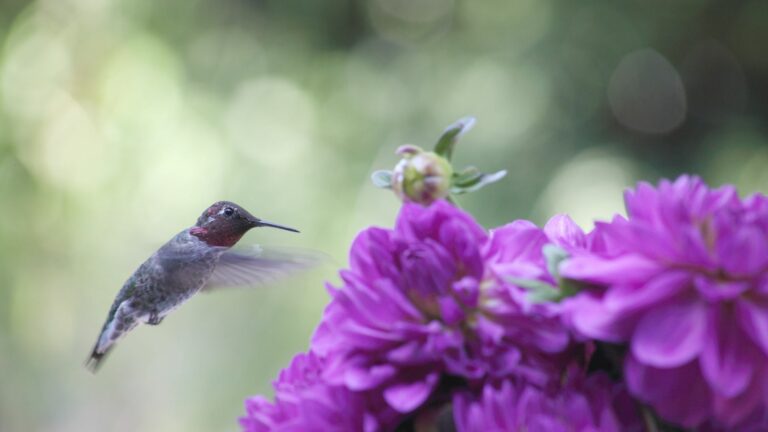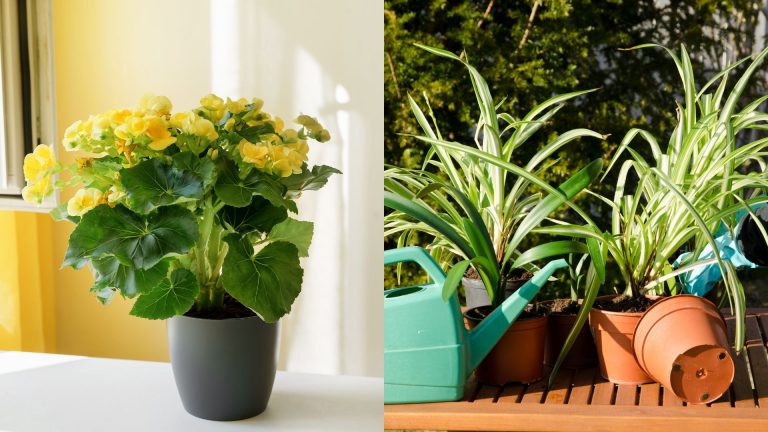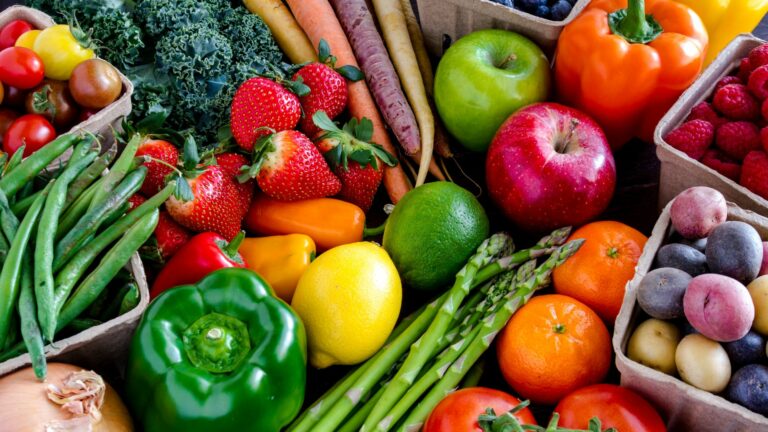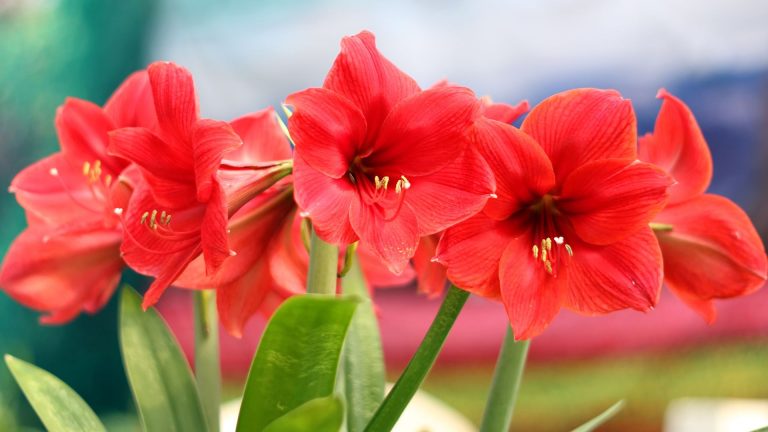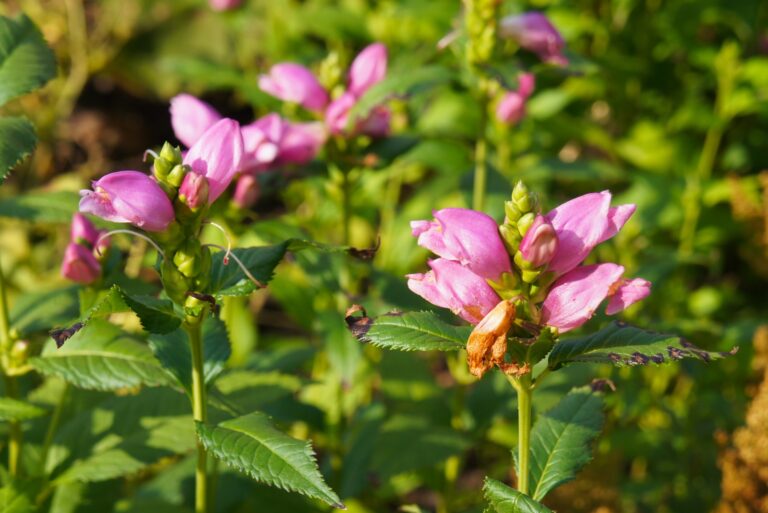8 Plants Virginians Use To Keep Rats Away From Their Yards
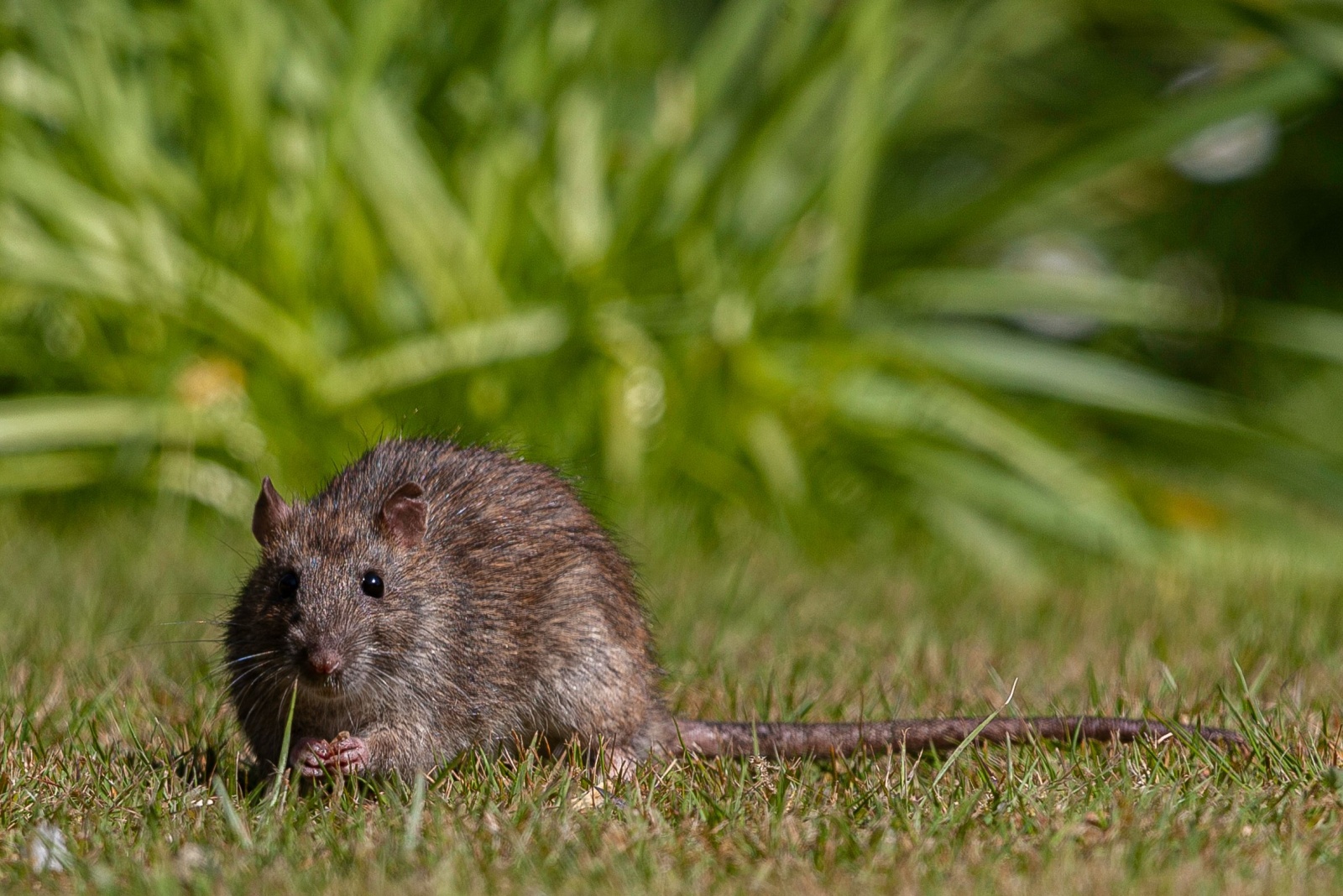
Rats can quickly become unwelcome guests in Virginia yards, causing damage to gardens and potentially spreading disease. Fortunately, many gardeners across the state have discovered that certain plants naturally repel these rodents with their strong scents and flavors.
In my own backyard near Richmond, I’ve found that strategic planting can make a significant difference in keeping rats at bay without harsh chemicals.
1. Mint As A Natural Barrier
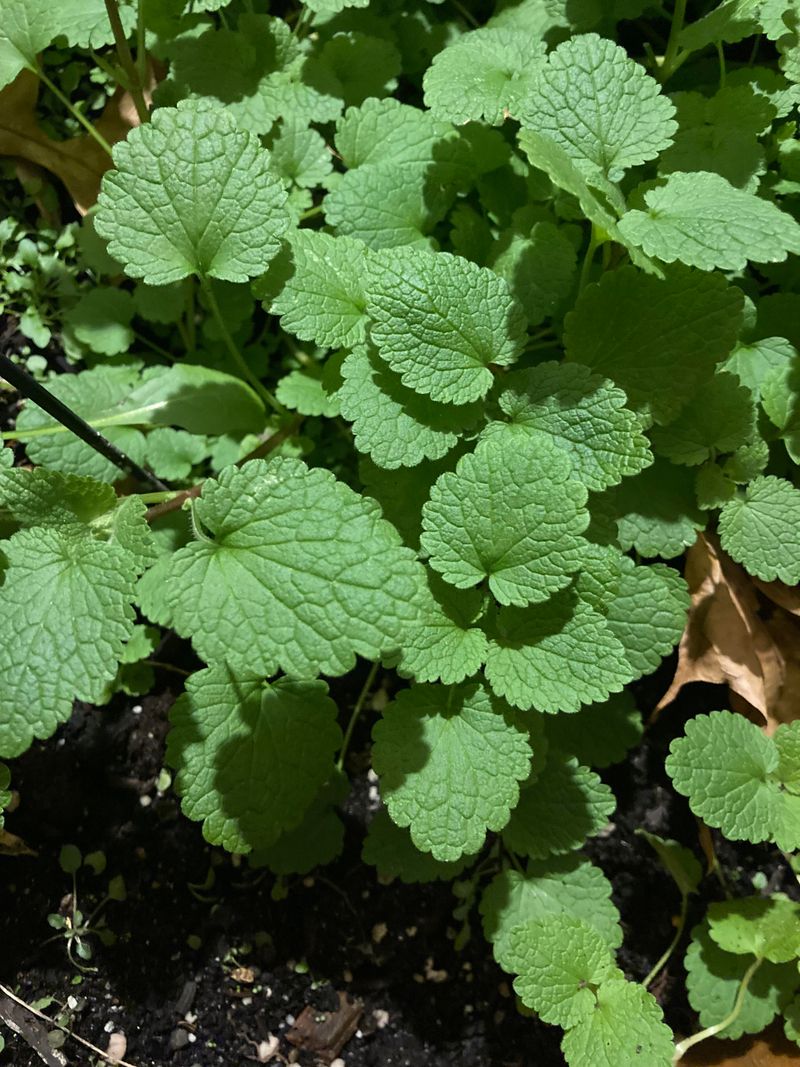
The strong aroma that makes mint perfect for mojitos actually overwhelms rats’ sensitive noses. They avoid areas where this fragrant herb grows abundantly.
Planting mint along fence lines creates an effective perimeter defense. Just be careful—mint spreads aggressively in Virginia’s climate and might need containment in pots.
Many of my neighbors in Norfolk use peppermint specifically, finding it particularly effective during summer months when rodent activity increases with warmer temperatures.
2. Pungent Garlic Clusters
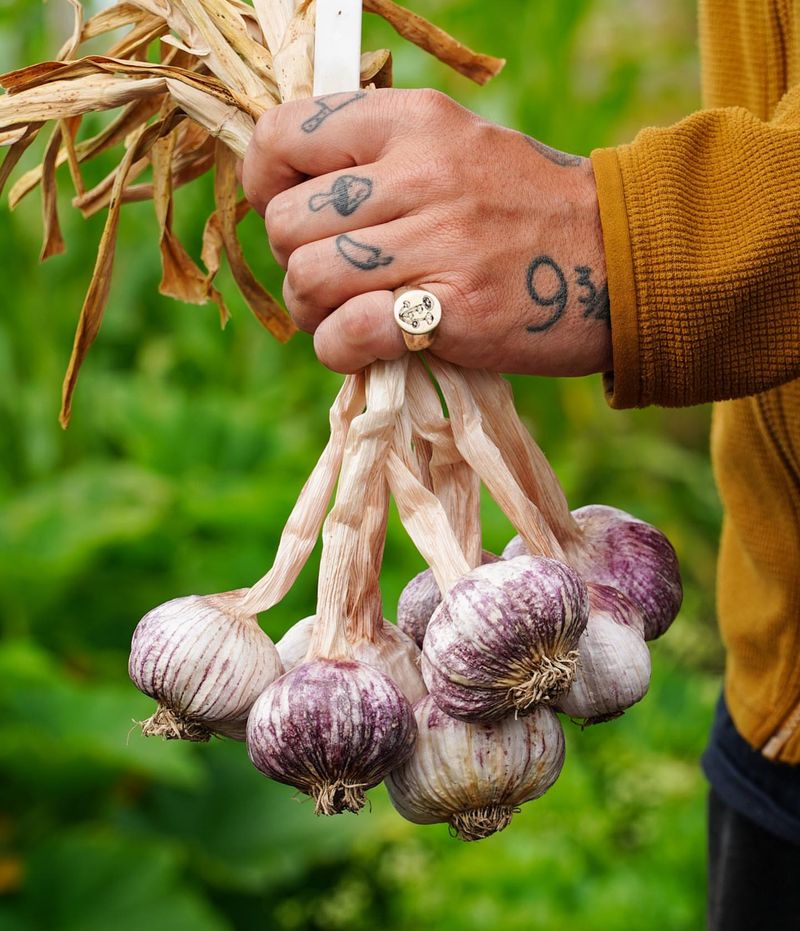
Rats absolutely detest the sulfur compounds in garlic. These compounds irritate their respiratory systems and create an environment they actively avoid.
Fall planting works best in Virginia’s climate. I’ve tucked garlic cloves around my compost bin and noticed significantly fewer rat tracks in the area.
The beauty of garlic lies in its dual purpose—you’ll harvest flavorful bulbs while maintaining a rat-free yard throughout the growing season.
3. Lavender Beds For Perimeter Protection
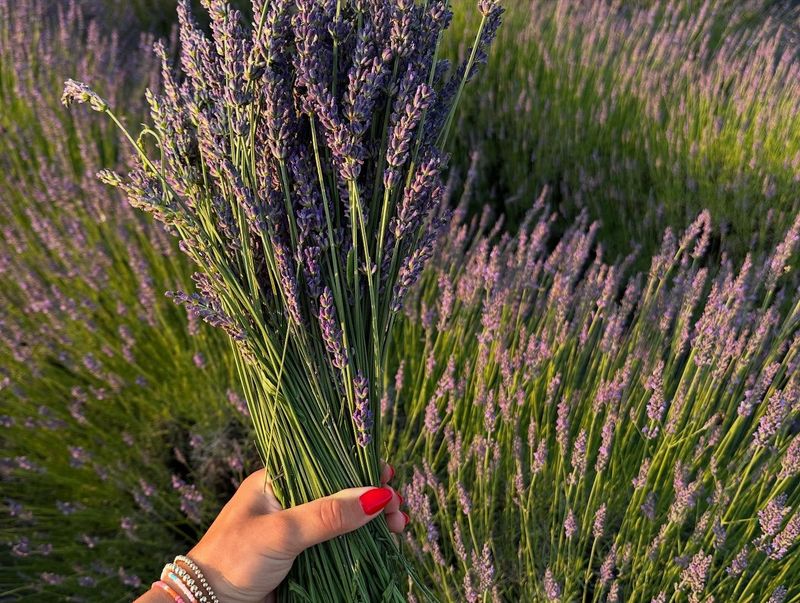
The sweet fragrance humans love proves overwhelming for rats. Their keen sense of smell makes lavender’s essential oils particularly bothersome to them.
Drought-resistant lavender thrives in Virginia’s clay soils when amended with sand for drainage. My grandmother’s Charlottesville garden has remained rat-free for years thanks to lavender borders.
Plant these purple beauties along walkways or property boundaries for maximum effectiveness, creating both a visual treat and invisible barrier against unwanted critters.
4. Marigolds For Garden Protection
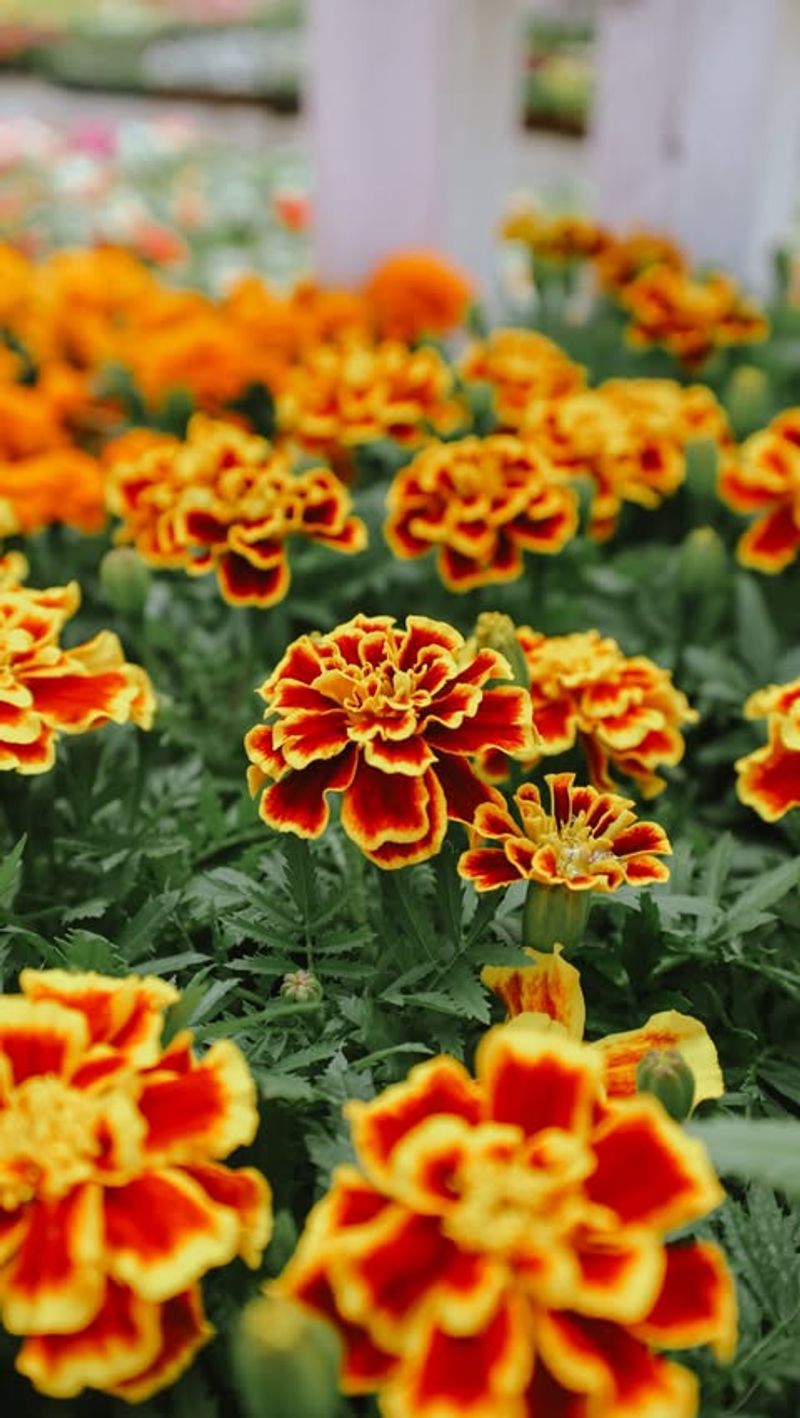
Something about marigolds’ distinct smell sends rats running in the opposite direction. Their bright orange and yellow blooms aren’t just pretty—they’re practical pest control.
Strategic placement around vegetable gardens makes all the difference. After surrounding my tomato plants with marigolds last season, rat damage dropped almost completely.
These hardy annuals handle Virginia’s summer heat beautifully while working around the clock to keep rodents away from your prized garden produce.
5. Rosemary Along Garden Paths
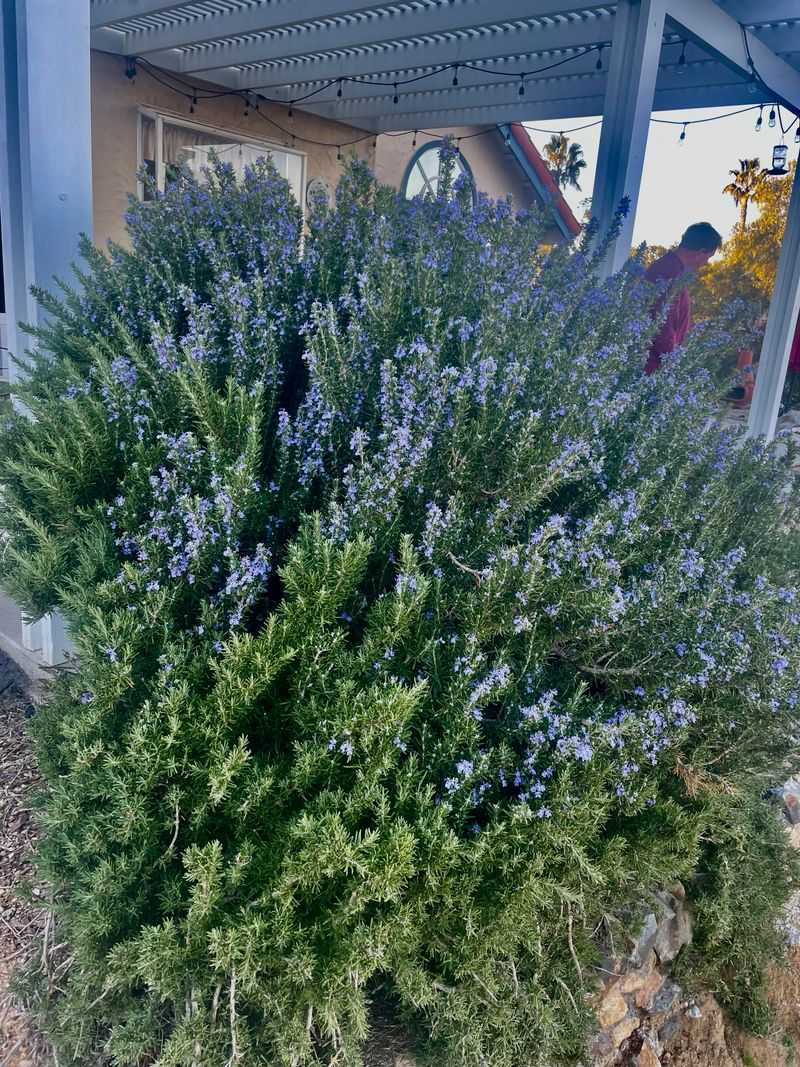
Woody rosemary contains oils that rats find particularly offensive. The pine-like scent that makes this herb so wonderful in cooking creates an invisible barrier rodents refuse to cross.
Growing happily in Virginia’s well-drained soils, rosemary bushes provide year-round protection. Even winter’s chill doesn’t diminish their rat-repelling qualities.
My Richmond garden features rosemary flanking stepping stones leading to the vegetable patch—both a practical choice and an aromatic experience when brushed against.
6. Spicy Chili Peppers
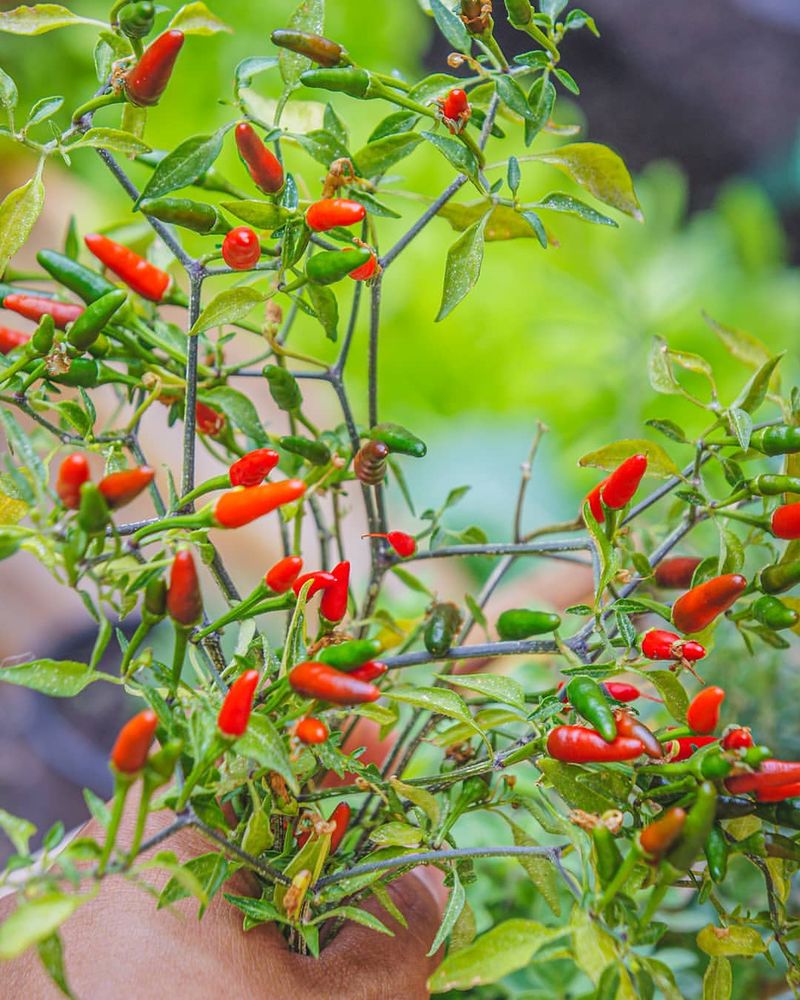
Capsaicin, the compound that gives peppers their heat, creates a burning sensation rats avoid at all costs. Even the plant’s leaves contain enough of this compound to deter curious rodents.
Virginia’s long growing season provides ample time for peppers to mature. Last summer, my cayenne plants kept rats away from my compost pile completely.
Bonuses include harvesting peppers for cooking while maintaining natural pest control—a win-win solution for many Shenandoah Valley gardeners I’ve spoken with.
7. Fragrant Bay Laurel
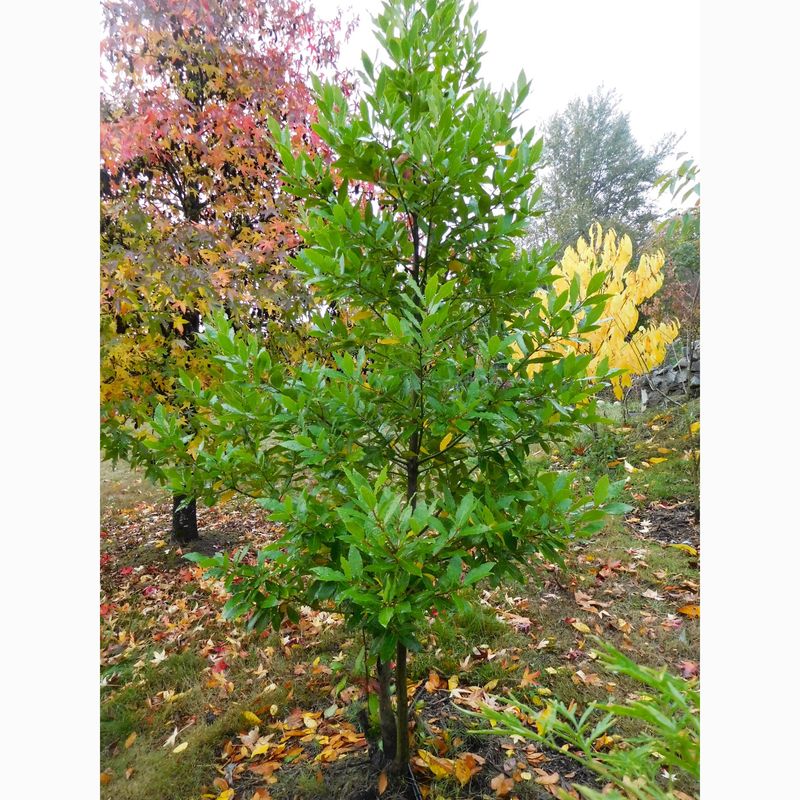
Few plants combine elegance with pest control like bay laurel. Its leaves contain essential oils that overwhelm rats’ sensitive olfactory systems, making your yard less inviting.
Growing bay in containers works wonderfully in Virginia’s climate, allowing you to position these natural deterrents strategically. During winter, I bring mine onto my Roanoke porch, protecting both the plant and my home’s entry points.
As an evergreen, bay laurel provides year-round protection while offering aromatic leaves for cooking—truly multipurpose gardening at its finest.
8. Onions And Chives Border
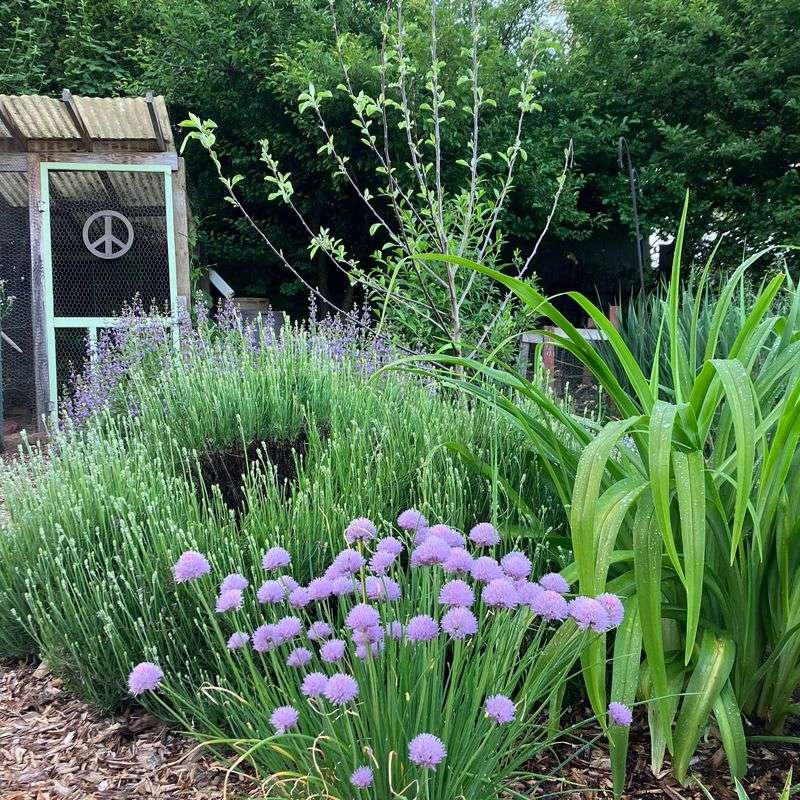
Allium family members produce sulfur compounds that rats find absolutely repulsive. Their strong scent masks food odors that might otherwise attract rodents to your yard.
Chives make particularly effective borders around vegetable gardens. My Alexandria community garden plot uses them extensively, creating a living fence rodents won’t cross.
Spring-planted onions and perennial chives offer continuous protection through Virginia’s growing season, with the added benefit of providing fresh ingredients just steps from your kitchen door.

